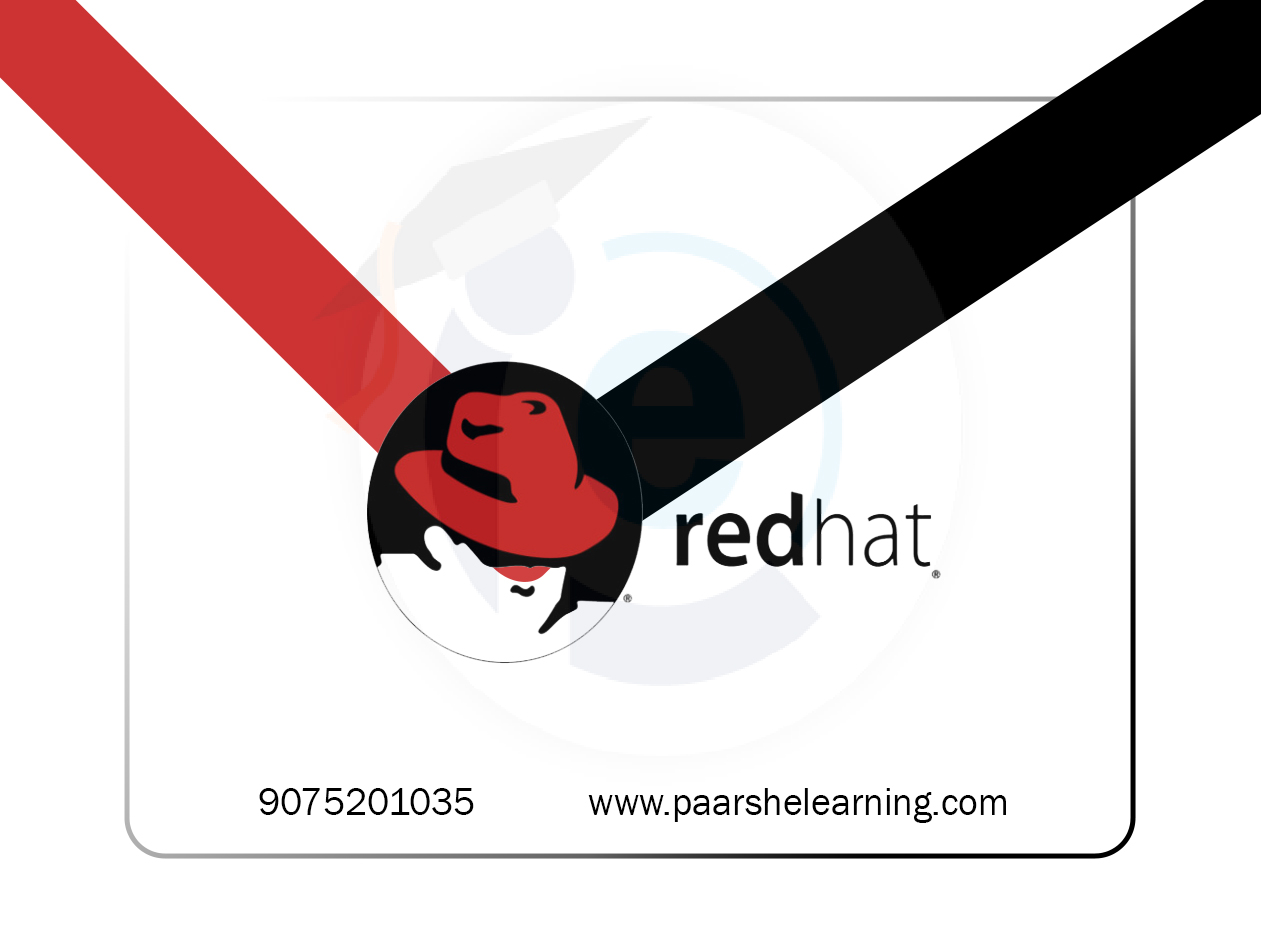- Understand basic terminology as it relates to Kali distribution.
- Able to conduct basic activities such as installation, troubleshooting and navigation of the distribution
- Learning about Users Management, File System Hierachcy, Permissions and much more.
- Able to conduct basic activities such as installation, troubleshooting and navigation of the distribution
- Basic understanding of Kali distribution tools
Kali Linux
Course description
Kali Linux is a popular Linux distribution specifically designed for penetration testing, ethical hacking, and security auditing. If you're interested in learning Kali Linux, here are some key areas you can focus on:
-
Linux Fundamentals: Familiarize yourself with the basics of the Linux operating system. Learn about the Linux command line, file system hierarchy, user management, package management, and essential command-line tools. Understanding Linux fundamentals will provide a strong foundation for working with Kali Linux.
-
Kali Linux Features and Tools: Explore the features and tools that come bundled with Kali Linux. These include a wide range of security tools for vulnerability assessment, network scanning, password cracking, forensics analysis, wireless security, and more. Learn about tools like Nmap, Metasploit, Wireshark, Aircrack-ng, John the Ripper, and Burp Suite.
-
Penetration Testing Methodology: Familiarize yourself with the concepts and methodologies of penetration testing. Understand the different phases involved, such as reconnaissance, scanning, exploitation, post-exploitation, and reporting. Learn about common vulnerabilities, attack vectors, and techniques used in penetration testing.
-
Networking and Security Concepts: Gain knowledge of networking concepts such as TCP/IP, DNS, DHCP, firewalls, and routing. Understand different types of network attacks, security protocols, encryption, and secure communication.
-
Virtualization: Learn how to set up virtual environments using tools like VMware Workstation or VirtualBox. Create virtual machines to run Kali Linux and practice various security testing techniques in a controlled and isolated environment.
-
Web Application Security: Explore common vulnerabilities and security issues in web applications, such as cross-site scripting (XSS), SQL injection, and insecure direct object references. Learn about web application scanning tools, web application firewalls (WAF), and secure coding practices.
-
Wireless Security: Understand the concepts of wireless networks and their vulnerabilities. Learn about different wireless security protocols, such as WEP, WPA, and WPA2. Explore tools and techniques for wireless network scanning, cracking encryption keys, and securing wireless networks.
-
Ethical and Legal Considerations: As you learn about Kali Linux and its tools, it's crucial to understand the ethical and legal considerations associated with penetration testing and security auditing. Familiarize yourself with laws and regulations regarding unauthorized access, data privacy, and consent for conducting security assessments.
-
Practice and Labs: Put your knowledge into practice by working on hands-on exercises and lab scenarios. Set up virtual lab environments and practice various security testing techniques on intentionally vulnerable systems. Participate in Capture the Flag (CTF) challenges and online hacking competitions to further enhance your skills.
-
Online Resources and Communities: Utilize online resources, forums, and communities dedicated to Kali Linux and ethical hacking. Explore official Kali Linux documentation, tutorials, and blogs to stay updated with the latest tools and techniques. Engage with the security community to learn from experienced professionals and share knowledge.
It's important to note that ethical hacking and security testing should always be conducted in a legal and responsible manner. Ensure you have proper authorization and consent before performing any security assessments or testing on systems or networks.
What you will learn from this course?
This course includes!
- Daily Live session
- A recorded session with problem-solving material
- Access on Mobile and TV
- Certificate of completion
This course is for
- If you’re interested in penetration testing and ethical hacking, then this Kali Linux course is a great place to start your training.
- Learn about the industry-standard tool for penetration and security testing.
- This is a foundational course that is designed to provide the basics of Kali, installation, troubleshooting & navigations.
Prerequisites for this course
- No programming experience is needed, you will learn everything you need to know
Kali Linux Operating Syllabus
-
Introduction To Kali Linux And Ethical Hacking
Overview of Kali Linux as a penetration testing distribution Understanding the ethical use of hacking tools Installation and setup of Kali Linux Navigating the Kali Linux desktop environment
-
Linux Command Line And Terminal Basics
Introduction to the Linux terminal (command line) Basic terminal commands: ls, cd, mkdir, etc. File manipulation and navigation in the terminal Basic text editing using command-line editors
-
Information Gathering And Reconnaissance
Using tools like Nmap for network discovery Performing basic reconnaissance on target systems Gathering information from public sources Understanding open-source intelligence (OSINT) techniques
-
Vulnerability Assessment And Scanning
Identifying vulnerabilities using tools like Nikto and OpenVAS Conducting vulnerability scans on target systems Analyzing scan results and generating reports Understanding common security vulnerabilities
-
Exploitation And Penetration Testing
Introduction to exploitation techniques Using Metasploit for penetration testing Exploiting vulnerabilities and gaining access to systems Understanding ethical boundaries and responsible disclosure
-
Wireless Network Hacking And Security
Exploring wireless networks and security challenges Cracking Wi-Fi passwords using tools like Aircrack-ng Performing wireless network audits and assessments Mitigating wireless network vulnerabilities
-
Web Application Security Testing
Introduction to web application security Using tools like Burp Suite for web application testing Identifying common web vulnerabilities (SQL injection, XSS, CSRF, etc.) Implementing security best practices in web development
-
Advanced Topics And Final Project
Exploring advanced Kali Linux features and tools Introduction to password cracking techniques Understanding social engineering and phishing attacks Final project: Penetration testing assessment on a simulated target
-
It's crucial to approach the study of Kali Linux and ethical hacking with a strong emphasis on responsible and ethical use. Ethical hacking is intended to identify and address security vulnerabilities in a legal and ethical manner. Encourage discussions on ethical considerations, the importance of informed consent, and responsible disclosure of vulnerabilities throughout the course.



